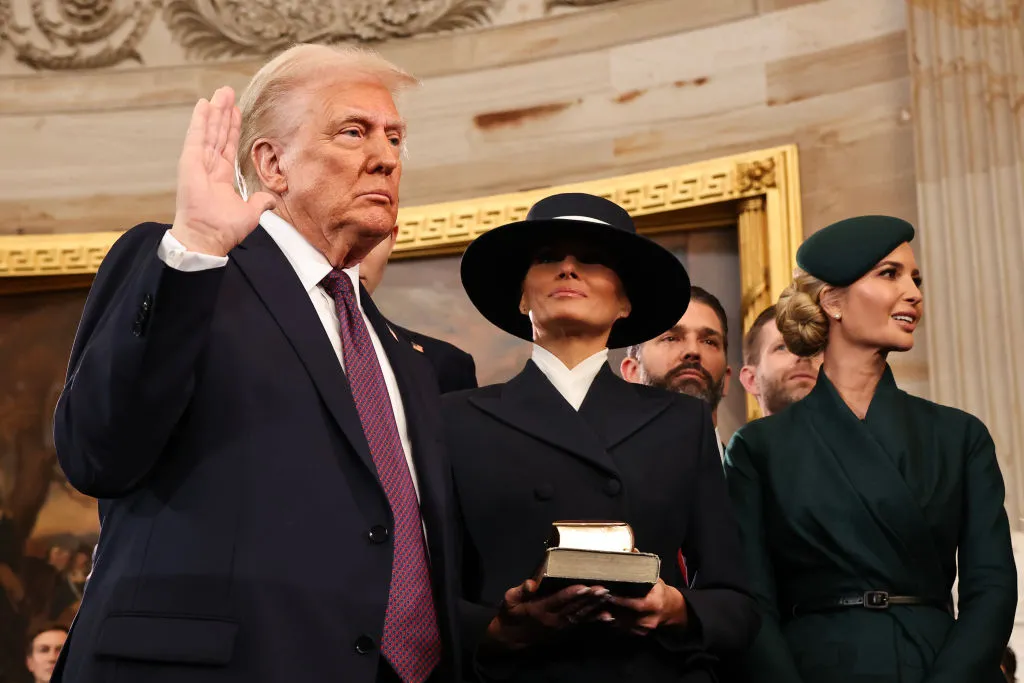A new report has revealed that several of America’s most prominent art collectors and cultural philanthropists were among the top individual donors to President Donald Trump’s 2025 inauguration fundraising committee. The findings come from newly released Federal Election Commission (FEC) data, analyzed by Open Secrets, a nonprofit organization dedicated to government transparency and campaign finance research.
Warren Stephens, a billionaire investment banker and prominent patron of the Arkansas Museum of Fine Art, was the top individual contributor, donating a staggering $4 million to the Trump inaugural fund. His donation underscores the often-overlooked connections between elite cultural benefactors and political influence at the highest levels.
Other major contributors included Ken Griffin, founder of Citadel and a well-known art collector whose acquisitions have made headlines in recent years, and Paul Singer, a billionaire hedge fund manager with a noted art collection. Charles and Helen Schwab, whose names are synonymous with both financial services and arts philanthropy, were also among the high-dollar donors.
Collectively, these art world power players donated millions to support the ceremonial events surrounding Trump’s second presidential inauguration. The event itself, while more subdued than previous inaugurations due to heightened security and public protests, received an influx of private funding that helped finance galas, security, and celebratory programming.
While political donations by wealthy individuals are not uncommon, the involvement of such high-profile art patrons has sparked discussion about the intersection of cultural influence and political alignment. Critics argue that financial support from elite arts donors to controversial political figures can send mixed messages, particularly when those politicians propose cuts to cultural funding—as Trump recently did in his 2026 budget proposal, which aims to eliminate the National Endowment for the Arts (NEA) and National Endowment for the Humanities (NEH).
Some within the art community have expressed discomfort over the revelations. “It’s deeply troubling to see individuals who have supported the arts with such generosity also backing a political administration that seeks to dismantle the very institutions they claim to uphold,” said a curator who asked to remain anonymous due to professional concerns.
Despite these concerns, supporters of the donors argue that private giving is separate from public funding policies, and that individuals have the right to support candidates who align with their broader political or economic views.
Stephens, Griffin, Singer, and the Schwabs have all maintained a strong presence in the art world, with significant gifts to major museums and cultural institutions over the years. Their donations have helped fund renovations, new wings, and public programs that reach millions of visitors annually.
The latest donor list adds a new layer of complexity to how the art world navigates political affiliations, especially as cultural organizations continue to grapple with questions of ethical funding, transparency, and accountability.
As Trump positions himself for another potentially transformative term, the relationship between cultural philanthropy and political power is once again under the spotlight.



0 Comments